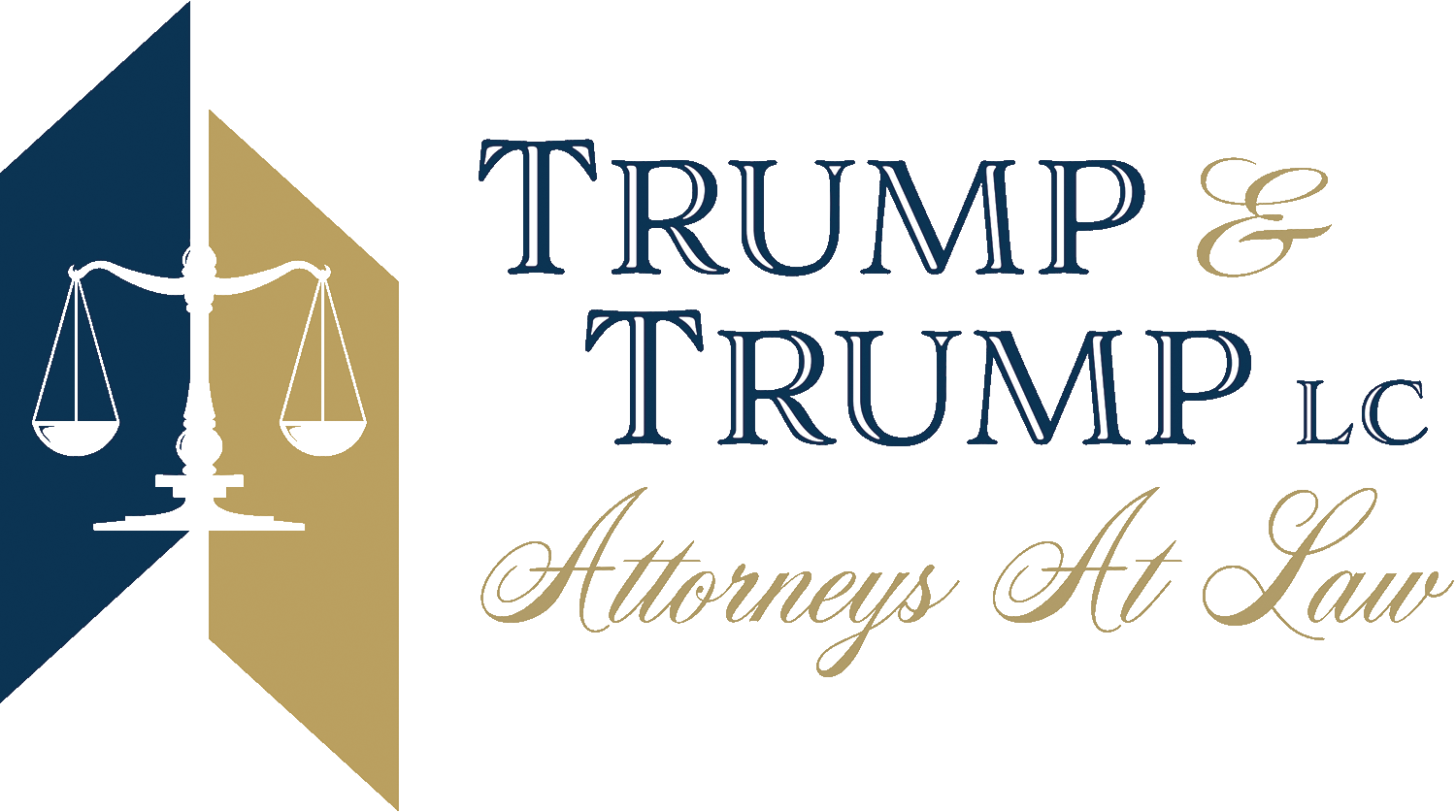Suffering a personal injury can be a life-altering experience, often bringing physical pain, emotional distress, and financial hardship. In West Virginia, the laws surrounding personal injury claims are designed to protect the rights of those who have been harmed due to the negligence or wrongdoing of others. This comprehensive article delves into the complexities of personal injury law in West Virginia, providing crucial information on how to navigate these legal waters and seek the justice and compensation you deserve.
Understanding Personal Injury Law in West Virginia
Personal injury law in West Virginia covers a wide range of incidents, including auto accidents, workplace injuries, medical malpractice, and slip and fall accidents. The fundamental principle of these laws is to provide a legal pathway for injured parties to receive compensation for their losses. This compensation can cover various aspects, such as medical expenses, lost wages, and pain and suffering.
One key aspect of West Virginia law is the concept of comparative negligence. This rule means that an injured party can still recover damages even if they are partially at fault for the incident, as long as their fault is not greater than the combined fault of the other involved parties. However, their compensation will be reduced by their percentage of fault.
Navigating the Claims Process
The first step in a personal injury claim is often dealing with insurance companies. This process can be daunting, as insurers often aim to minimize payouts. An experienced personal injury attorney can negotiate with insurers on your behalf, ensuring that your claim is fairly evaluated and that you receive adequate compensation.
If a satisfactory settlement cannot be reached with the insurance company, the next step is to file a lawsuit. In West Virginia, the statute of limitations for personal injury claims is generally two years from the date of the injury. Missing this deadline can bar you from seeking compensation.
Building a Strong Case
Evidence is key in personal injury cases. This includes medical records, eyewitness statements, accident reports, and, in some cases, expert testimony. An attorney with experience in personal injury law can help gather and present this evidence in the most compelling way possible.
Calculating damages is another critical aspect. This involves not just current medical expenses and lost wages but also future medical care, loss of earning capacity, and non-economic damages like pain and suffering. A skilled lawyer can help accurately estimate these amounts to ensure you receive fair compensation.
The Role of Personal Injury Lawyers
A personal injury lawyer provides more than just legal representation; they offer guidance, support, and advocacy. They navigate the legal system on your behalf, handle negotiations, and represent you in court if necessary. Their goal is to alleviate the stress of the legal process, allowing you to focus on recovery.
Conclusion
Navigating a personal injury claim in West Virginia can be a complex and challenging journey. Understanding your rights and the intricacies of the law is crucial. At Trump & Trump, LC, our team of experienced personal injury lawyers is dedicated to advocating for the rights of the injured. We work tirelessly to ensure that our clients receive the compensation they deserve and the justice they seek.
If you or a loved one has suffered a personal injury, don’t face the legal battle alone. Contact Trump & Trump, LC for a consultation, and let us guide you through the process with the expertise and compassion you need.



